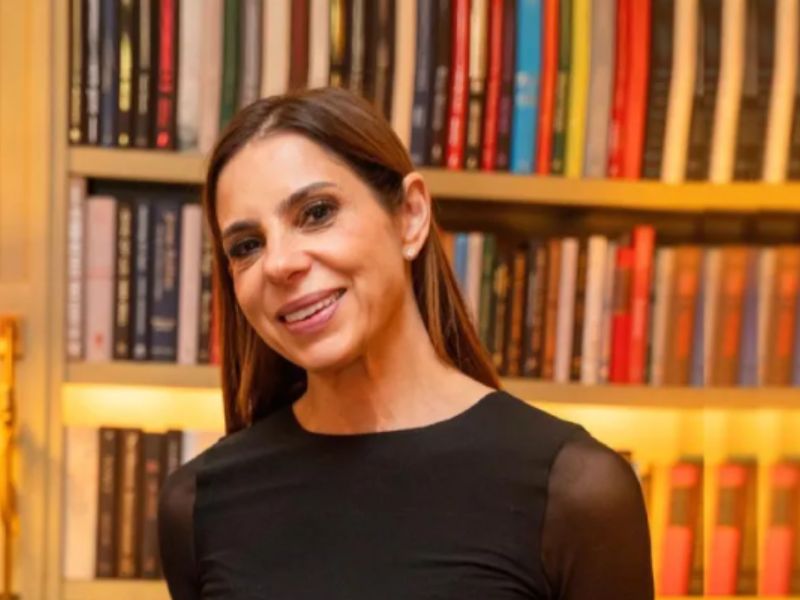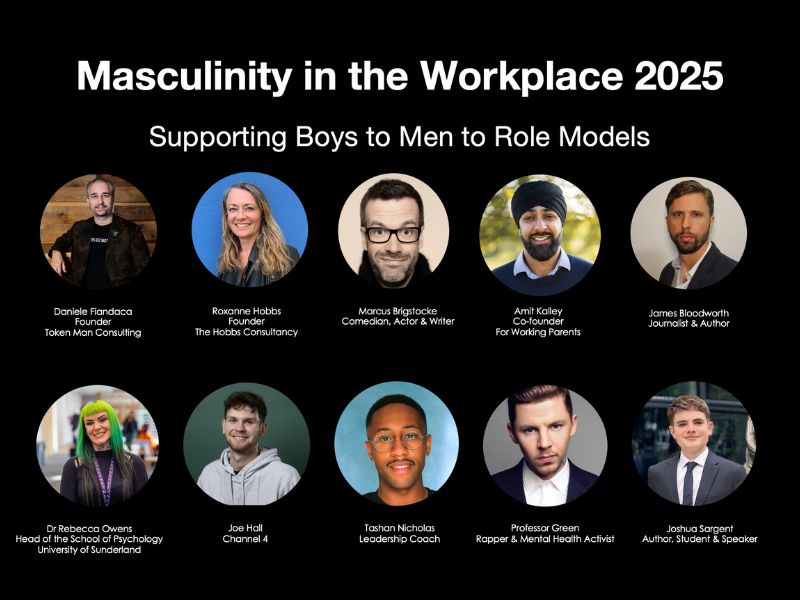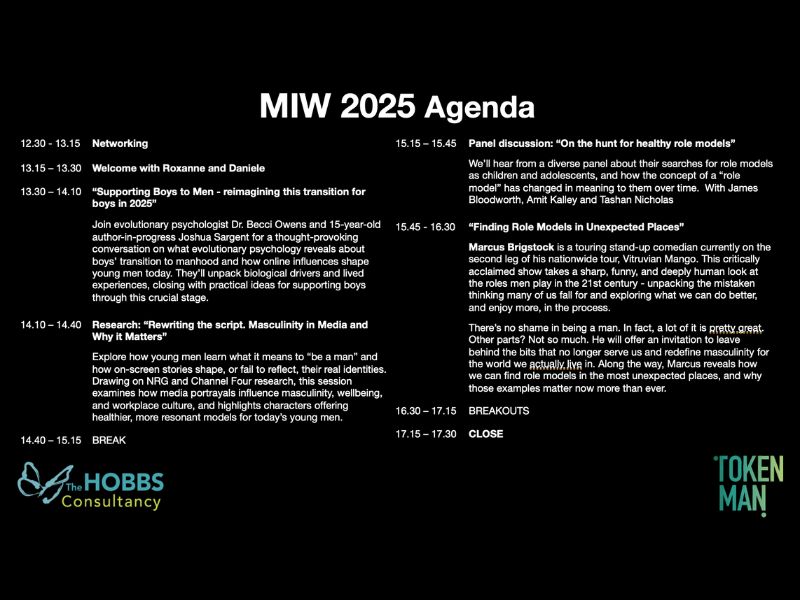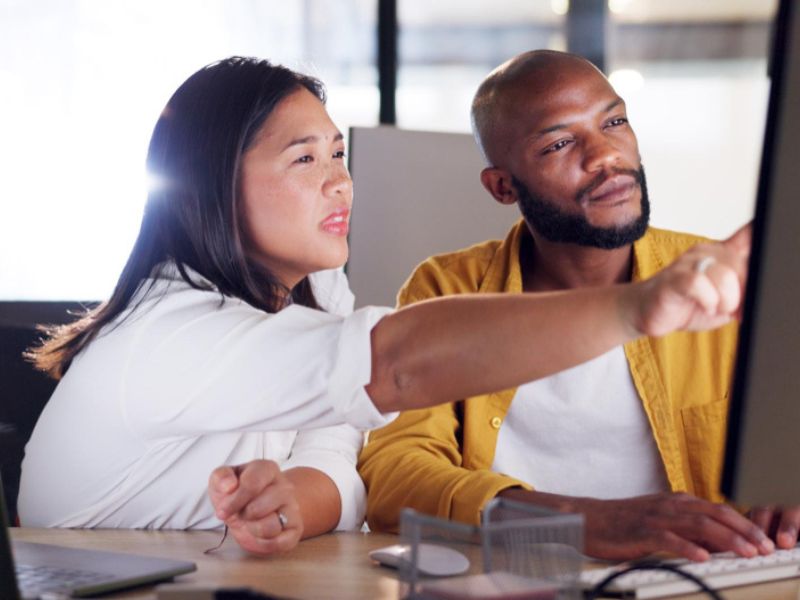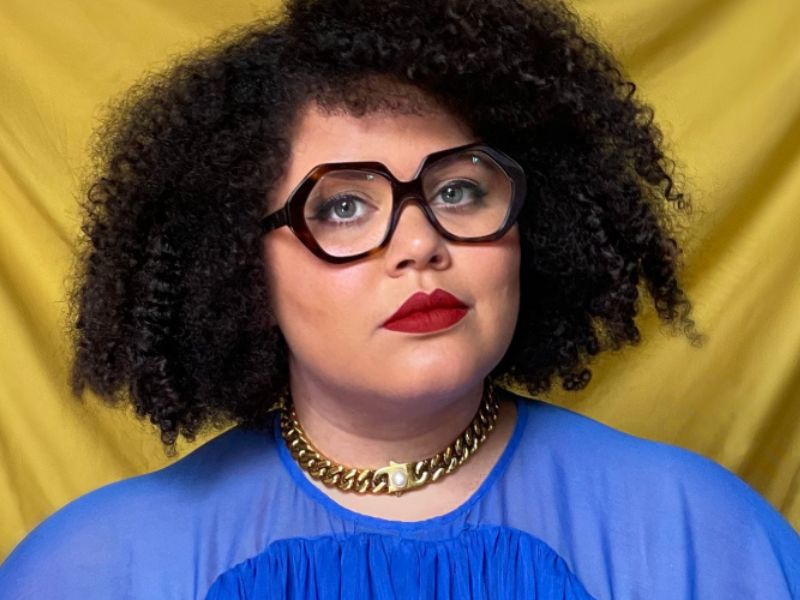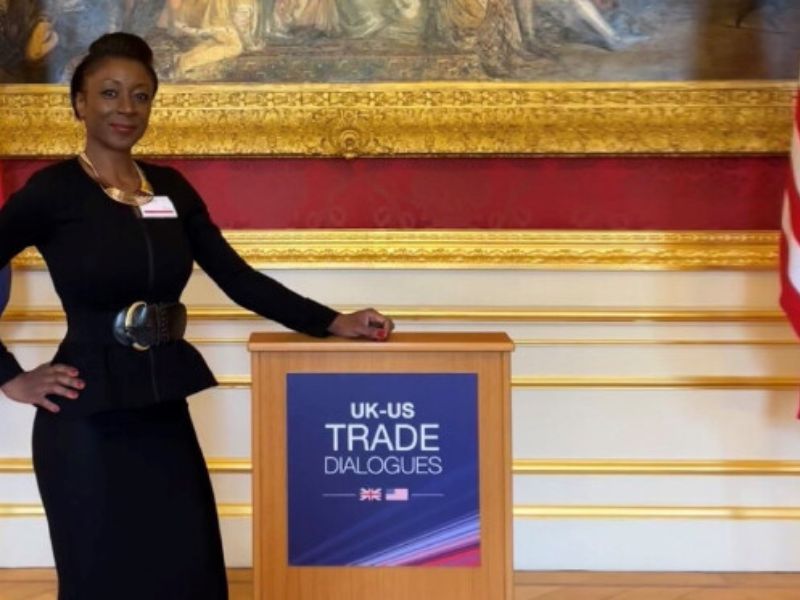Debbie Wosskow OBE is a trailblazing entrepreneur, investor and keynote speaker who has transformed industries through bold ventures. From founding Love Home Swap to co-creating AllBright, she has championed innovation while opening doors for women in business.
As Co-Chair of the Invest in Women Taskforce, she has helped mobilise hundreds of millions to support female-led and mixed teams. Her mission is clear: close the gender funding gap and make the UK the best place for women entrepreneurs to thrive.
In this exclusive interview with The Champions Speakers Agency, Debbie shares insights from her journey—covering investment inequality, inclusive leadership, and why women’s health must sit at the centre of workplace policy.
Despite progress in gender equality, why are women entrepreneurs still receiving less than 2% of venture capital—and what must change to close the gap?
So to set the scene, in 2024, less than 2% of venture capital invested in the UK went to back a female CEO, whilst all-male teams raised 81% of all of the 9 billion of venture capital that was invested. So we don’t get that. And part of the reason for that is that there are not enough female investors.
So only 11% of representation investment committee is in female hands. 14% of angel investors in the UK, and yet a female investor is twice as likely to back a woman as a male investor. So none of this is anti-men. We need men. My career successes have really been driven by the fact that I’m good at asking men for money, and that matters because the pen holders are still men.
However, in my role reporting into the Chancellor as the co-chair of the Investing Women Task Force, I set the objective of creating the biggest funding pot in the world about female investors with a mandate about women-led and mixed teams.
And I think you need to create carrot as well as stick. The bane of any entrepreneur or indeed venture capital investor’s life is raising capital. And I know because I spent years and years and years raising hundreds of millions of pounds of capital.
If you create an incentive for all-male teams to have women in them and for all-male VCs to hire women, then I think you change the world. And my job is to make the UK the best place in the world to be a female-powered business.
With evidence showing diverse teams deliver stronger results, what practical actions should business leaders take to make inclusion a reality?
Well, diverse teams deliver better results. Women-led businesses, by the way, deliver 35% better returns than male-led businesses. And diverse investors deliver 10% better returns than funds that are simply all-male.
I think we all acknowledge diversity of thought, whether that’s gender or race or age, is how we really do drive change and how we have voices represented around the table and we don’t just invest or hire in our image.
So I think to men listening or asking what can they do, as many men do, I think that they can hire, support, mentor people who don’t look like them. Some of my best and most prolific supporters have been some of the country’s most high-profile male investors and chairmen who have enabled me to have the life that I’ve had as a founder and as an investment advisor.
So for men, I think look outside of your day-to-day network and hire people in who are not in your image.
One in four women consider leaving work due to menopause symptoms. Why should companies prioritise women’s health and well-being in workplace policy?
So I am the Exec Chair of a business called The Better Menopause, and that focuses on creating science-driven solutions for women in perimenopause and menopause.
And I founded that business, as I founded all of my businesses, because of a personal story of getting super ill when I was 48, spending quite a long time in hospital, not being able to get better post a sort of dose of pneumonia and pleurisy, and having to do quite a lot of work to get to the answer, which is that I was in perimenopause.
And my symptoms were worse because I didn’t have any gut bacteria because of a very long time on antibiotics. And I flag that because if that can happen to me when I have, you know, resources and a network, it can happen to any woman. 25% of women in midlife want to leave the workforce because of their menopause symptoms and 10% actually do.
My focus is on making women economically independent. There is a great wealth transfer that we’re staring down the barrel of from men to women in terms of inherited wealth and divorce and the way that society is developing. And we need to ensure that women have the tools that they need to remain economically productive for all of their working lives.
Midlife women are pretty talented, right? They’ve been around the workplace for 20–25 years. And I think conversations about hormonal health, women in menopause and women in midlife, and harnessing them is a really important way of driving economic growth. So it just makes great business sense.
This exclusive interview with Debbie Wosskow was conducted by Jack Hayes of The Motivational Speakers Agency.

